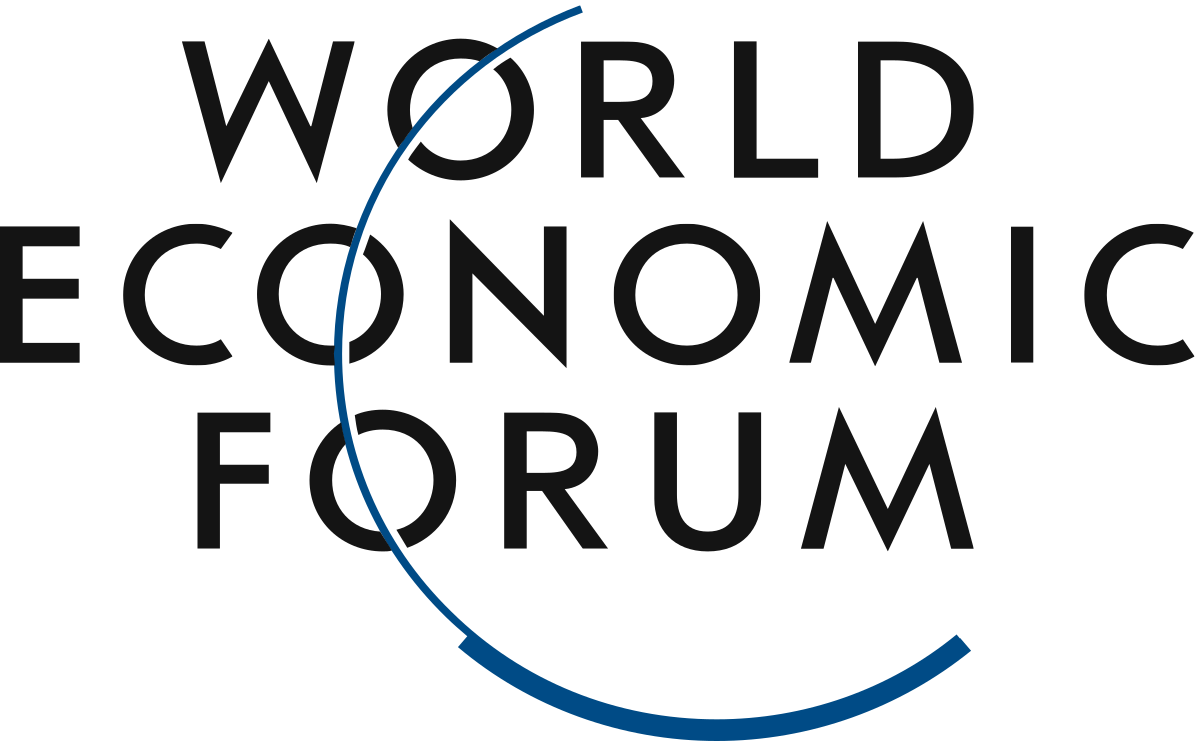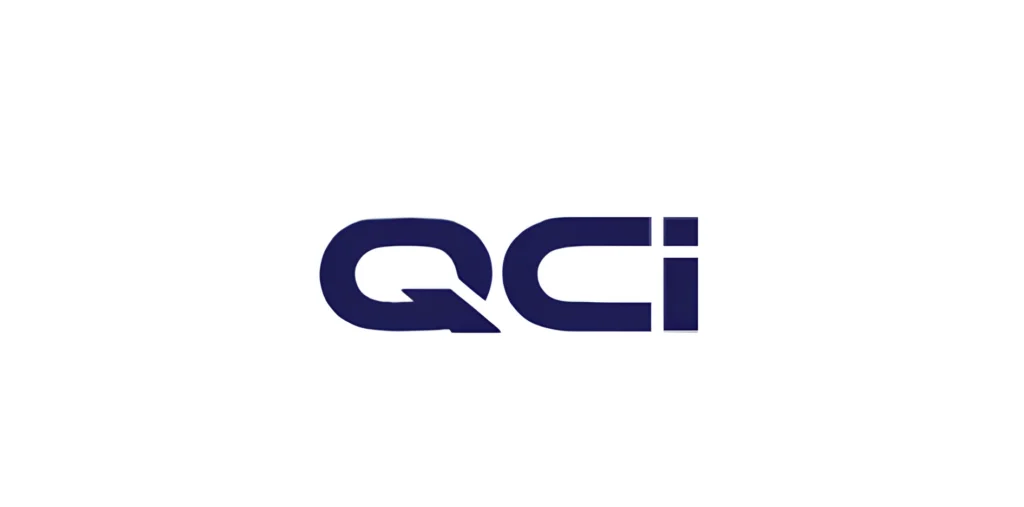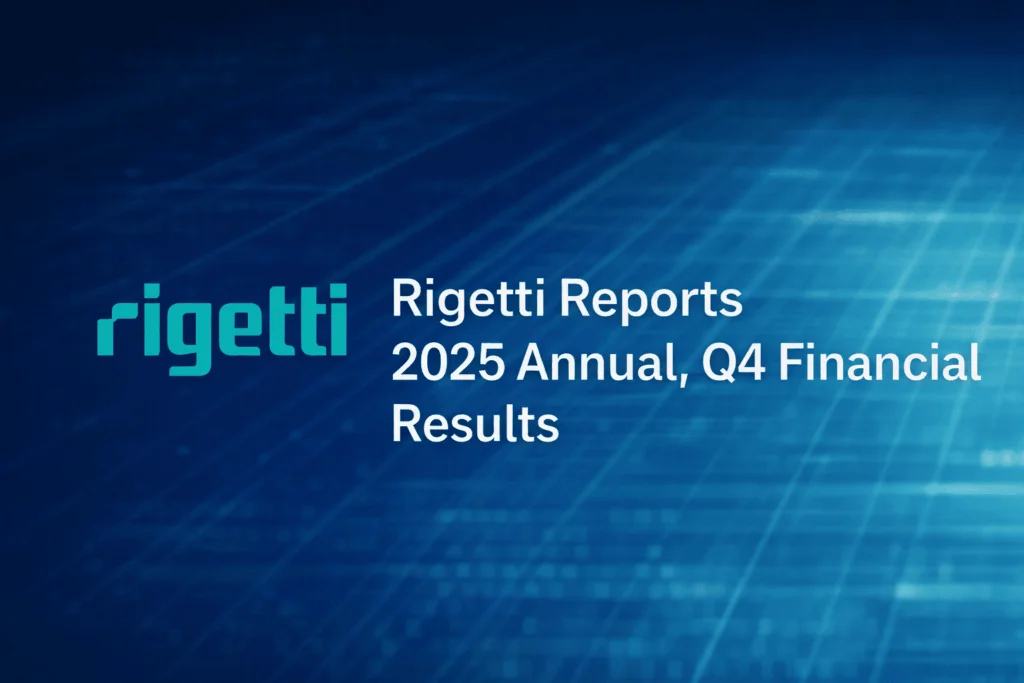
Acknowledging the billions of dollars already invested in quantum, the World Economic Forum (WEF) has created its own quantum computing guidelines, according to a statement from the organization. The council calls quantum “perhaps the most exciting emergent technologies of the 21st Century.”
Released at the WEF’s 2022 annual meeting, the Insight Report is designed to serve a a roadmap for the emerging opportunities in quantum across public and private sectors. The principles were crafted by a group of quantum experts, emerging technology ethics and law experts, decision makers and policy makers, social scientists and academics, according to the group.
“Governments and industries are accelerating their investments in quantum computing research and development worldwide,” said Derek O’Halloran, Head of Digital Economy, World Economic Forum. “This report starts the conversation that will help us understand the opportunities, set the premise for ethical guidelines, and pre-empt socioeconomic, political and legal risks well ahead of global deployment.”
The organization grouped the principles into nine themes that emerge from a set of seven core values. Themes and respective goals defining the principles:

1. Transformative capabilities: Harness the transformative capabilities of this technology and the applications for the good of humanity while managing the risks appropriately.
2. Access to hardware infrastructure: Ensure wide access to quantum computing hardware.
3. Open innovation: Encourage collaboration and a precompetitive environment, enabling faster development of the technology and the realization of its applications.
4. Creating awareness: Ensure the general population and quantum computing stakeholders are aware, engaged and sufficiently informed to enable ongoing responsible dialogue and communication; stakeholders with oversight and authority should be able to make informed decisions about quantum computing in their respective domains.
5. Workforce development and capability-building: Build and sustain a quantum-ready workforce.
6. Cybersecurity: Ensure the transition to a quantum-secure digital world.
7. Privacy: Mitigate potential data-privacy violations through theft and processing by quantum computers.
8. Standardization: Promote standards and road-mapping mechanisms to accelerate the development of the technology.
9. Sustainability: Develop a sustainable future with and for quantum computing technology
Common good: The transformative capabilities of quantum computing and its applications are harnessed to ensure they will be used to benefit humanity.
Accountability: Use of quantum computing in any context has mechanisms in place to ensure human accountability, both in its design and in its uses and outcomes. All stakeholders in the quantum computing community are responsible for ensuring that the intentional misuse of quantum computing for harmful purposes is not accepted or inadvertently positively sanctioned.
Inclusiveness: In the development of quantum computing, insofar as possible, a broad and truly diverse range of stakeholder perspectives are engaged in meaningful dialogue to avoid narrow definitions of what may be considered a harmful or beneficial use of the technology.
Equitability: Quantum computing developers and users ensure that the technology is equitable by design, and that quantum computing-based technologies are fairly and evenly distributed insofar as possible. Particular consideration is given to any specific needs of vulnerable populations to ensure equitability.
Non-maleficence: All stakeholders use quantum computing in a safe, ethical and responsible manner. Furthermore, all stakeholders ensure quantum computing does not put humans at risk of harm, either in the intended or unintended outcomes of its use, and that it is not used for nefarious purposes.
Accessibility: Quantum computing technology and knowledge are actively made widely accessible. This includes the development, deployment and use of the technology. The aim is to cultivate a general ability among the population, societal actors, corporations and governments to understand the main principles of quantum computing, the ways in which it differs from classical computing and the potential it brings.
Transparency: Users, developers and regulators are transparent about their purpose and intentions with regard to quantum computing.
The Quantum Insider explored many of these principles in its documentary series on Quantum Ethics and Quantum Sustainability.
The organization reports its next steps will be to work with wider stakeholder groups “to adopt these principles as part of broader governance frameworks and policy approaches.” The statement is short on details as to how it will induce the broad community to adopt and implement these principles and goals.
The report emerged from the forum’s 2022 Davos agenda.
The organization writes: “The Davos Agenda 2022 is the focal point at the start of the year for leaders to share their outlook, insights and plans relating to the most urgent global issues. The meeting will provide a platform to accelerate the partnerships needed to tackle shared challenges and shape a more sustainable and inclusive future.”
If you found this article to be informative, you can explore more current quantum news here, exclusives, interviews, and podcasts.















